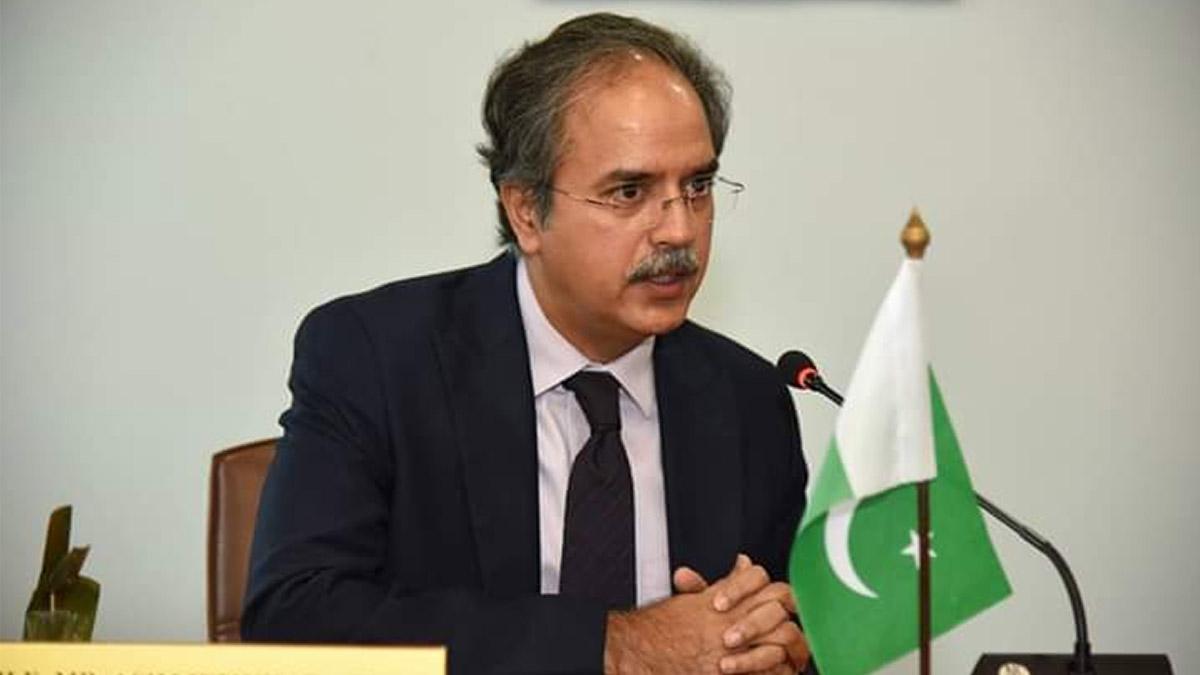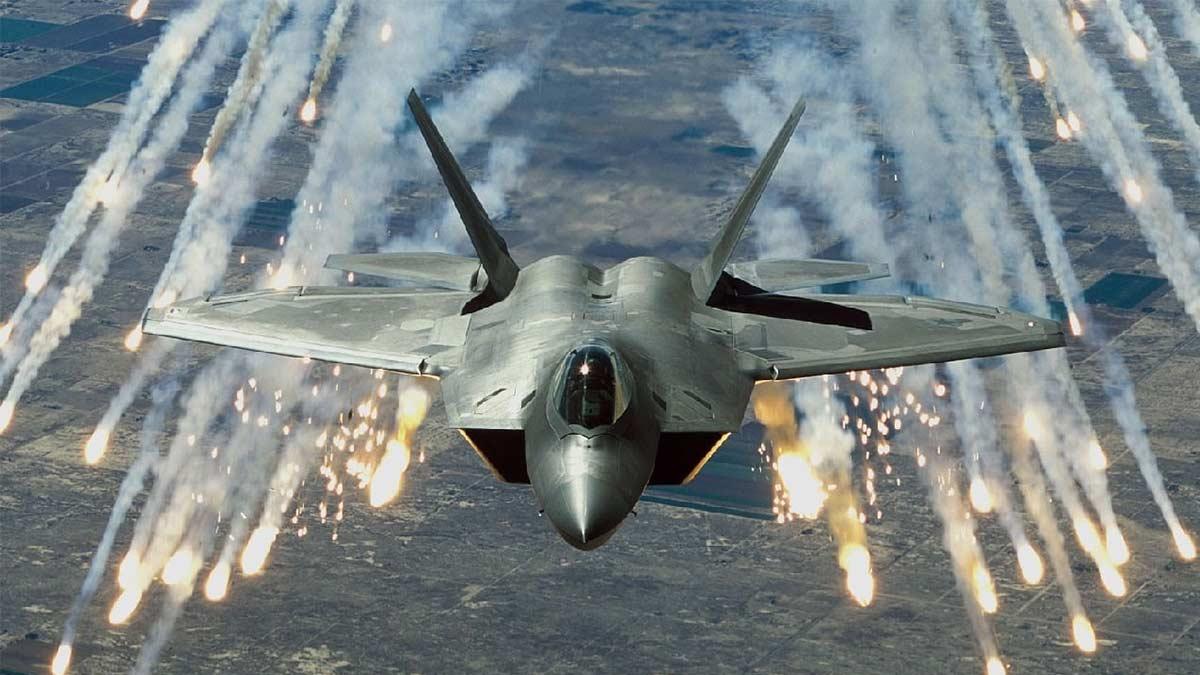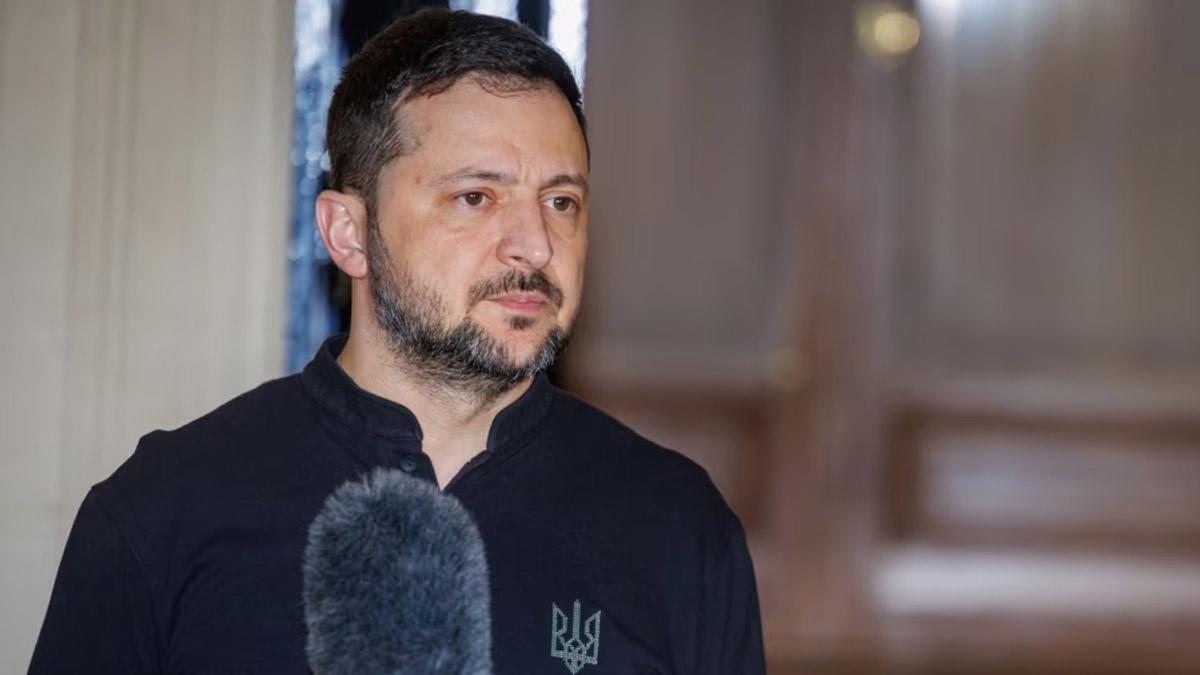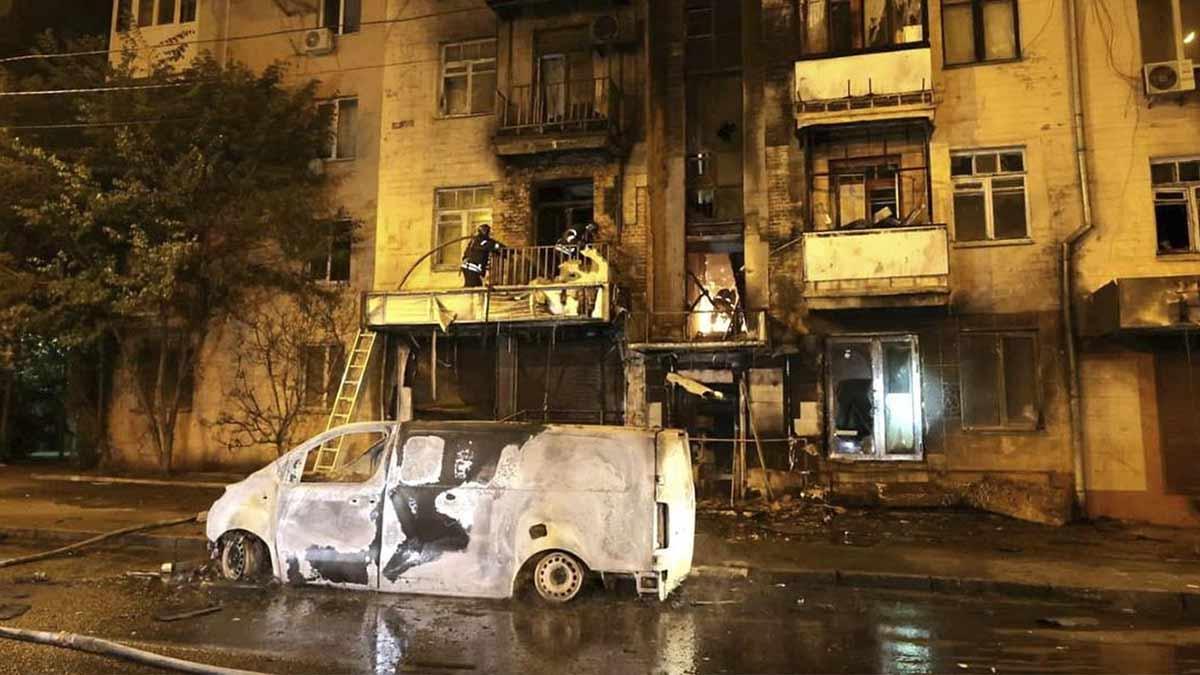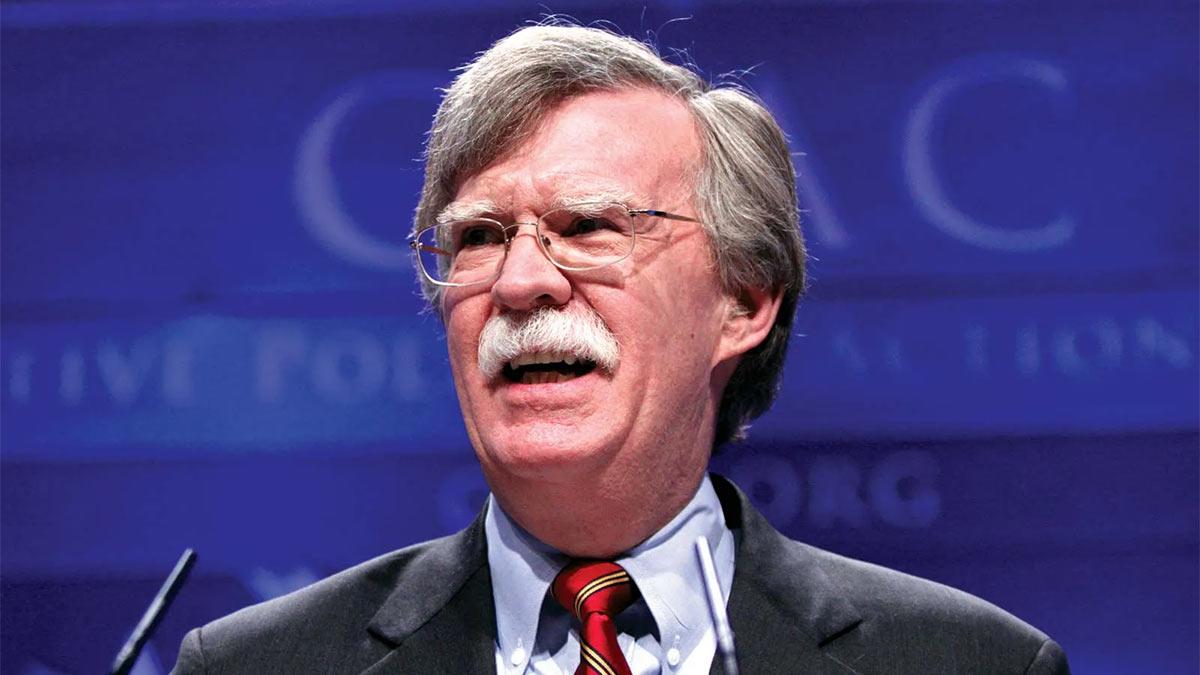While Kashmir has always been called a "nuclear flashpoint," Pakistan's Permanent Representative to the United Nations, Asim Iftikhar Ahmad, pointed out that such an eventuality should not be contemplated, citing the responsible character of both India and Pakistan as nuclear states.
"Kashmir has been described as a 'nuclear flashpoint', but in my view, you know, Pakistan is a responsible nuclear-armed state. I assume India also demonstrates the same sort of responsibility, and we shouldn't consider, you know, the situation which will lead towards it," he asserted during a press briefing on Friday.
In spite of this, Ahmad did not confirm that Pakistan follows a no-first-use policy for nuclear weapons. During the press conference, he was asked repeatedly regarding the possible nuclear aspect in any conflict between India and Pakistan.
At first, he replied by claiming Pakistan's adherence to international norms: "Pakistan is a responsible member of the international community. (How) we are responding to this situation that has evolved is also reflective of a responsible member state." When pressed further, he justified his refusal to explicitly mention nuclear weapons, observing that both countries "exhibit the same kind of responsibility."
On being pressed again regarding Islamabad's position on no-first-use, Ahmad skirted giving a definite answer. "I mean, it is stated policy, I mean Pakistan's policy on nuclear disarmament and all the connected issues are all in the public domain.". It is extremely well known." His reluctance is due to Pakistan's long-standing refusal to agree to a no-first-use policy — a stance that does not rule out the possibility of a preemptive attack. India, on the other hand, has publicly agreed to such a policy.
When asked about security concerns within, like tensions on the western border with Afghanistan and in Balochistan, and if these could affect Pakistan's reaction to a potential war with India, Ahmad played down the impact. "I don't think that that's going to have an effect in terms of our readiness and preparedness to counter anything that comes across the Line of Control in Kashmir," he said. "Western borders are completely in control."
He did not discount current security activities, stating, "There is some counterterrorism and enforcement operations and law enforcement operations that are going on there." Relations between Afghanistan and Pakistan have been strained, with Pakistan accusing Kabul of providing shelter to the Tehreek-i-Taliban Pakistan (TTP), the group that has conducted cross-border attacks. Islamabad is also currently addressing a separatist rebellion in Balochistan.
Speaking on reports of aerial engagements, Ahmad strongly denied that such encounters happened. "There were some reports that some podcopters or drones, you know, were shot down or whatever," he clarified, "but no aerial engagement." But he admitted that if things get worse, there would be more direct confrontations. "If the situation gets worse, and some, you know, some sort of 'kinetic action' is involved, this sort of a situation, a scenario is quite possible," he explained.
Read also| Right now, China occupies Bagram air base in Afghanistan, Says Donald Trump
Read also| Islamist Groups Threaten Bangladesh Government: 'No Escape in 5 Minutes'

